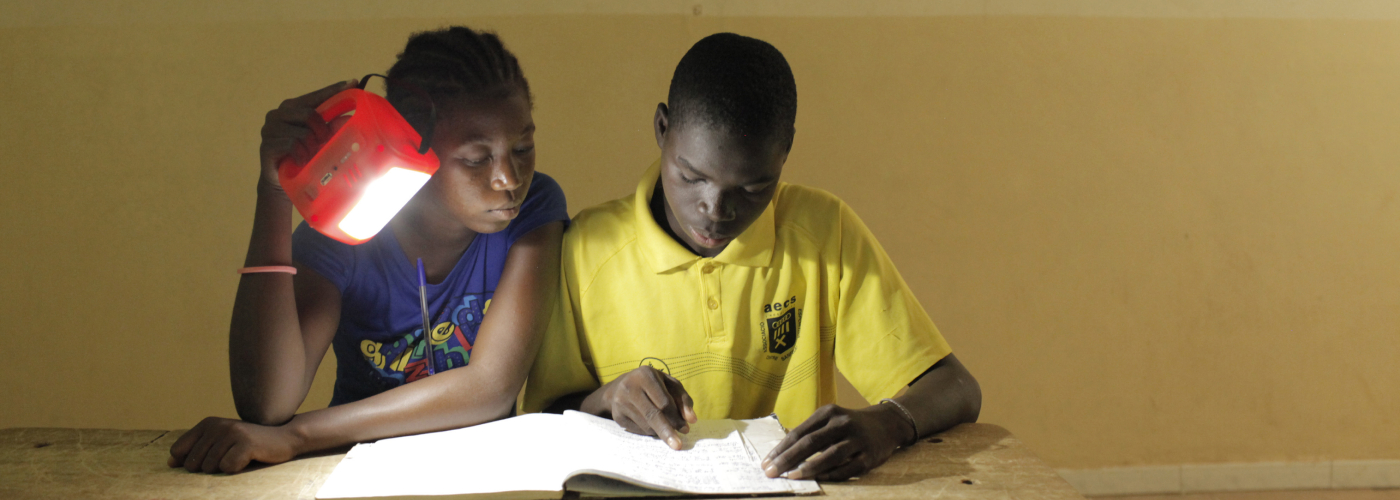This report is focused on identifying the ongoing challenges at Eskom, the South African power utility, thus shedding light on democratic processes and human rights considerations. It adopts a feminist lens in its analysis of the electricity crisis, exploring potential feminist approaches to restructuring the existing electricity grid infrastructure. This includes analyzing the integration of the key principles of a Just Transition, as well as an assessment of the role that key stakeholders can play in fostering improvements through a renewed social compacting process that encompasses pro-development, equitable and inclusive plans for plant decommissioning, the protection of worker’s rights, and strategies for up-skilling and reskilling. Additionally, the report delves into Eskom’s skill development needs, addressing prevalent talent, cultural, and skill-related issues in a more substantive manner. It also includes a comprehensive analysis of electricity demand and supply forecasting and identifying key factors for achieving a sustainable vision for Eskom. It assesses Eskom’s financial situation, its assets, and operational functionality.







